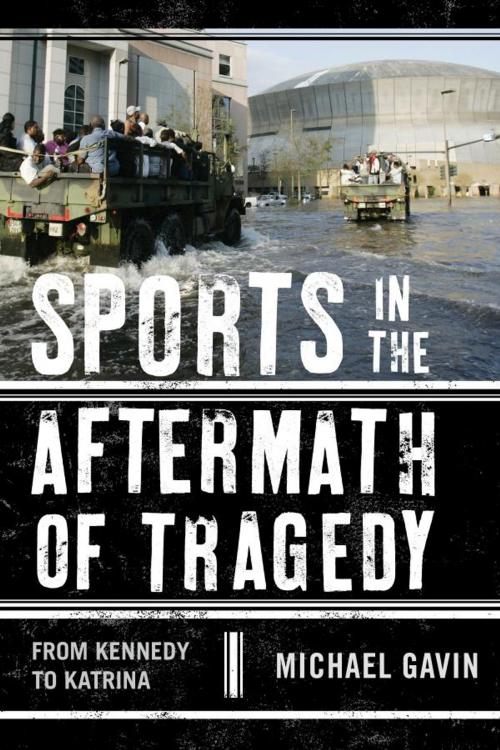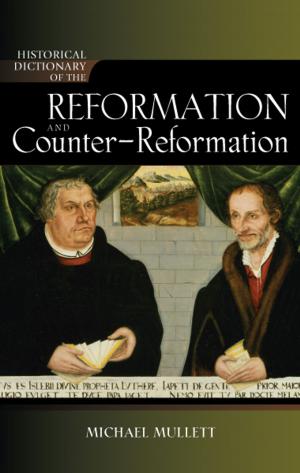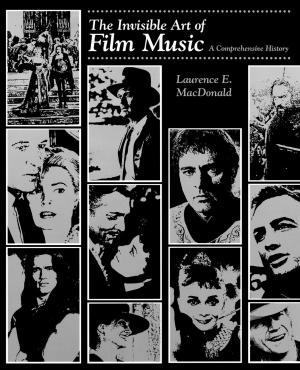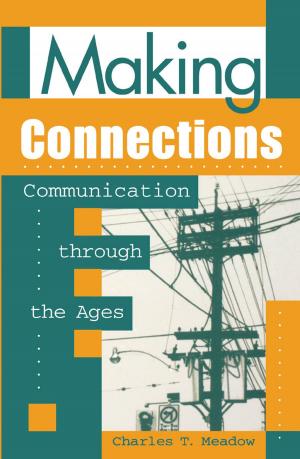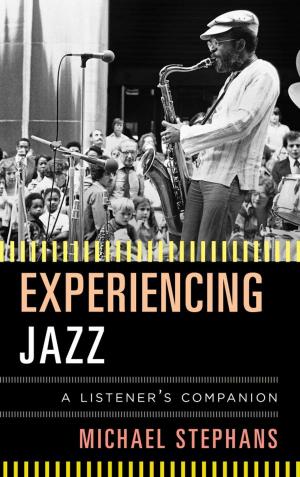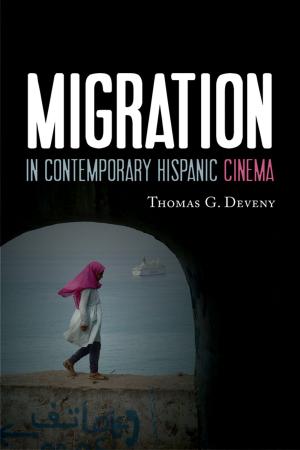Sports in the Aftermath of Tragedy
From Kennedy to Katrina
Nonfiction, Sports, History, Americas, United States, 20th Century| Author: | Michael Gavin | ISBN: | 9780810887015 |
| Publisher: | Scarecrow Press | Publication: | December 6, 2012 |
| Imprint: | Scarecrow Press | Language: | English |
| Author: | Michael Gavin |
| ISBN: | 9780810887015 |
| Publisher: | Scarecrow Press |
| Publication: | December 6, 2012 |
| Imprint: | Scarecrow Press |
| Language: | English |
In an era characterized by news that caters to extreme ends of the political spectrum, sporting events are one of the last refuges to which people of divergent viewpoints can turn. In the days and weeks following a national tragedy, columnists frequently write about how the tragedy has affected the sports world, and how, in turn, particular sporting events have affected the American people as they cope with adversity, loss, and grief; in the process, these columnists often reveal their own definitions of tragedy and being American.
In Sports in the Aftermath of Tragedy: From Kennedy to Katrina, Michael Gavin explores how columnists have written about sports’ role in the national recovery from specific tragedies. Beginning with John F. Kennedy’s assassination and including subsequent national tragedies such as 9/11 and Hurricane Katrina, this book studies the people considered “American” in these columnists’ work. Other tragedies examined are the assassinations of Martin Luther King Jr. and Bobby Kennedy, the bombing of the 1996 Olympics, and the 2011 Japanese tsunami that impacted both the Japanese and American women’s soccer teams when the two competed against each other in the final round of the World Cup.
A unique and perceptive look through the eyes of the sports world at how a nation responds to tragedy, Sports in the Aftermath of Tragedy will be of interest to sports fans, scholars, and historians.
In an era characterized by news that caters to extreme ends of the political spectrum, sporting events are one of the last refuges to which people of divergent viewpoints can turn. In the days and weeks following a national tragedy, columnists frequently write about how the tragedy has affected the sports world, and how, in turn, particular sporting events have affected the American people as they cope with adversity, loss, and grief; in the process, these columnists often reveal their own definitions of tragedy and being American.
In Sports in the Aftermath of Tragedy: From Kennedy to Katrina, Michael Gavin explores how columnists have written about sports’ role in the national recovery from specific tragedies. Beginning with John F. Kennedy’s assassination and including subsequent national tragedies such as 9/11 and Hurricane Katrina, this book studies the people considered “American” in these columnists’ work. Other tragedies examined are the assassinations of Martin Luther King Jr. and Bobby Kennedy, the bombing of the 1996 Olympics, and the 2011 Japanese tsunami that impacted both the Japanese and American women’s soccer teams when the two competed against each other in the final round of the World Cup.
A unique and perceptive look through the eyes of the sports world at how a nation responds to tragedy, Sports in the Aftermath of Tragedy will be of interest to sports fans, scholars, and historians.
